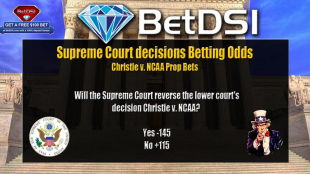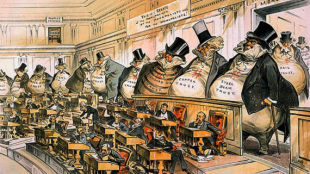In 1992, Congress passed the Professional and Amateur Sports Protection Act (“PAPSA”), prohibiting states from authorizing, licensing, regulating, and controlling sports betting. The Act grandfathered in states that had previously legalized sports betting – Nevada, Oregon, and Delaware – and offered an exemption to New Jersey if they enacted legislation within a year. The state failed to do so, and continued to prohibit sports betting within its borders. In 2010, the state changed course and initiated a referendum among its voters asking whether sports betting should be legalized in the state. The referendum was approved by a wide margin. In response, the Legislature passed the Sports Wagering Act in 2012, which legalized sports betting in private casinos and racetracks across the state. The NCAA, NFL, NHL, and MLB (“NCAA”) sued the Governor of New Jersey and various state officials (Christie I), alleging that the Act violated PAPSA. The state admitted that the Sports Wagering Act violated PAPSA, but argued that PAPSA was unconstitutional because it violated the anti-commandeering doctrine of the Tenth Amendment. The doctrine prohibits the federal government from requiring states or state officials to adopt or enforce federal law. The NCAA argued that PAPSA did not require the
[read more]









